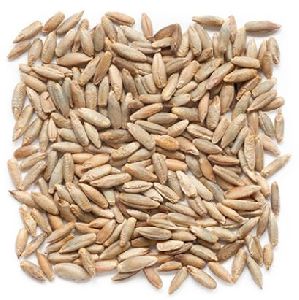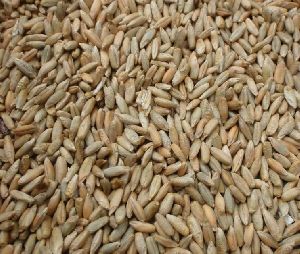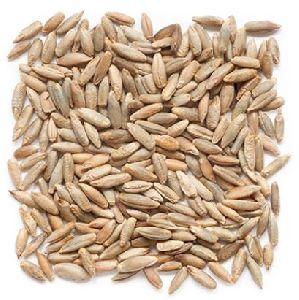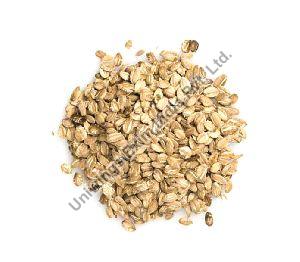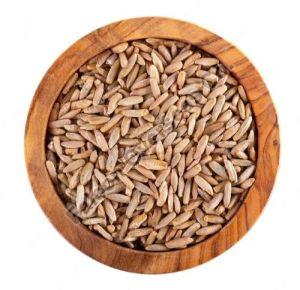Listing ID #3804095
Company Information
Ask for more detail from the seller
Contact SupplierWhat is Rye?
Rye is a cereal crop that is grown extensively for its grains as well as for its forage. Scientifically known as ‘Secale Cereale’, it belongs to the wheat tribe ‘Triticeae’ and is mostly used as flour, rye bread, rye , and as animal feed. Although it is not consumed on a wide scale as compared to wheat, it is still grown extensively in many parts of the world, especially in areas where difficult conditions do not permit the growth of wheat. Almost one-third of the total rye production in the world is used in the form of human food.
Characteristics of Rye
Rye possesses certain characteristics that makes it suitable to be gown in areas where wheat cannot be grown. It has the strength to survive harsh winters and can grow very well in low fertile sandy soils and during drought. In addition, rye requires less than 30% of water and can survive prolonged submersion in water. Due to these features, it is typically grown for providing food to livestock and also in areas where erosion control is very crucial.
Rye bears a lot of resemblance to wheat and produces kernels in the same manner as wheat. However, the kernels of rye are much smaller and dark in color as compared to those of wheat. Also, the yield of rye flour per acre is much lower than that of wheat and is a little bit more difficult to thresh and harvest than wheat or any other grain. Rye contains many healthy nutrients like dietary fibers, manganese, phosphorous and proteins. It also contains many important B vitamins like thiamine, niacin, riboflavin, etc.
History of Rye
The cultivation of rye started around 4000 years ago and was actually the most regularly consumed bread until the 19th century, when it was replaced with the production of wheat. The grains of rye are thought to have been originated somewhere in Southwestern Asia. During the Middle Ages, rye was being cultivated on a large scale in Central & Eastern Europe. During the 17th century, rye was brought to North and South America by the Europeans. The cultivation of rye also slowly began in Russia, and later in Brazil, Uruguay, South Africa and Australia in the 19th and 20th centuries.
Uses of RyeFollowing are the areas where rye is used extensively throughout the world:
A diet rich in rye has many potential health benefits that can be explained as follows:
A diet rich in rye has many potential health benefits that can be explained as follows:


